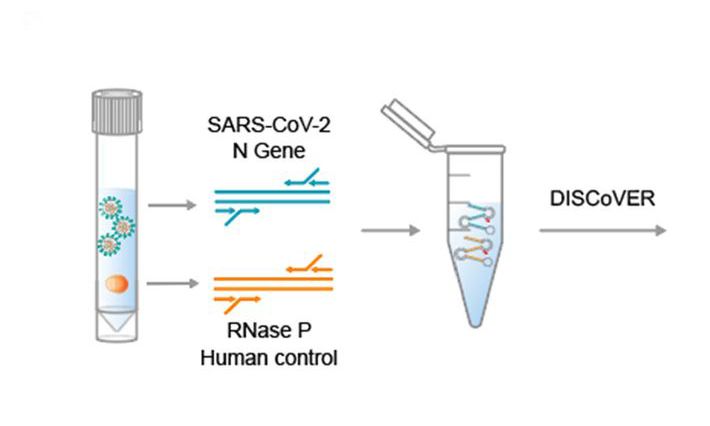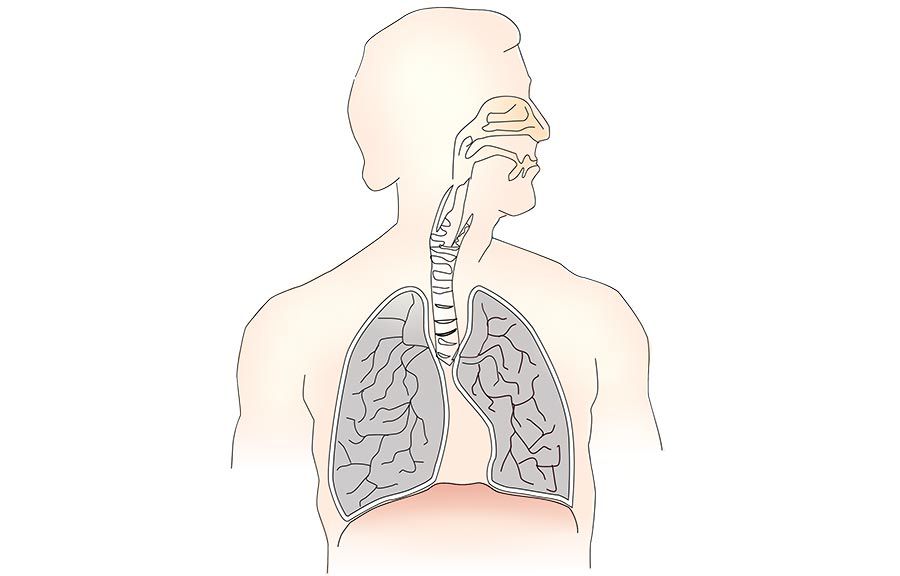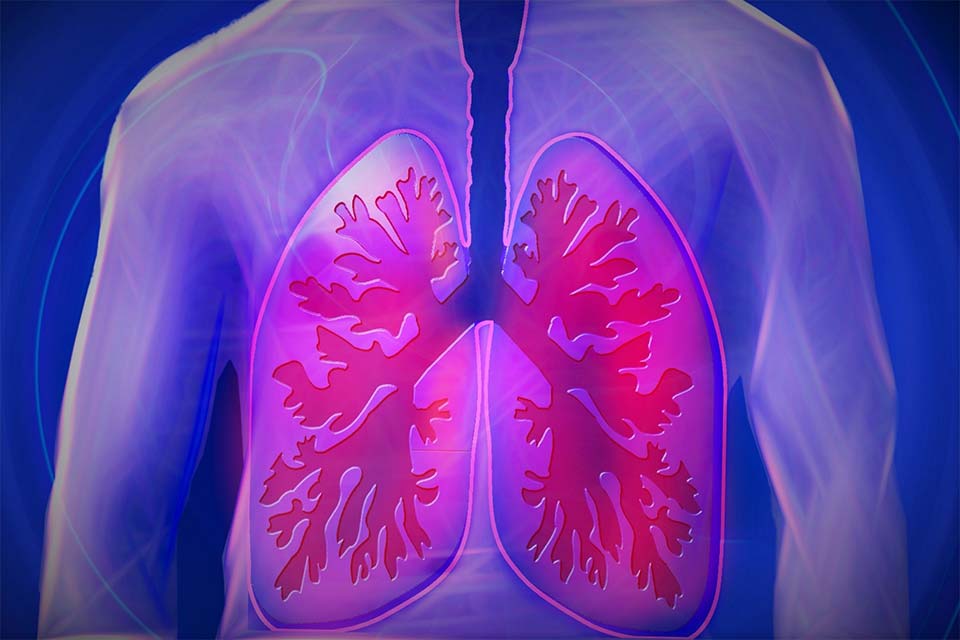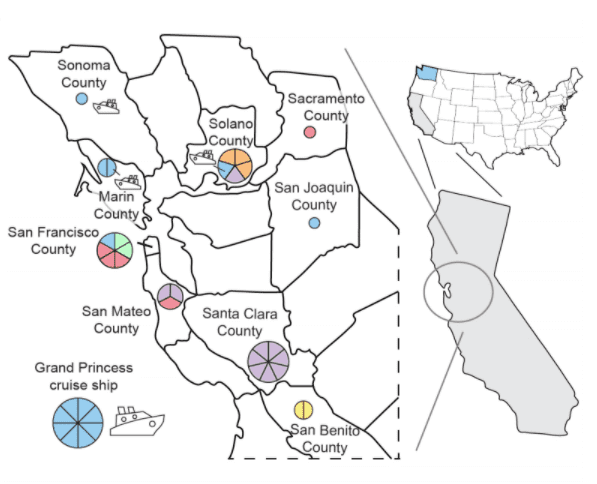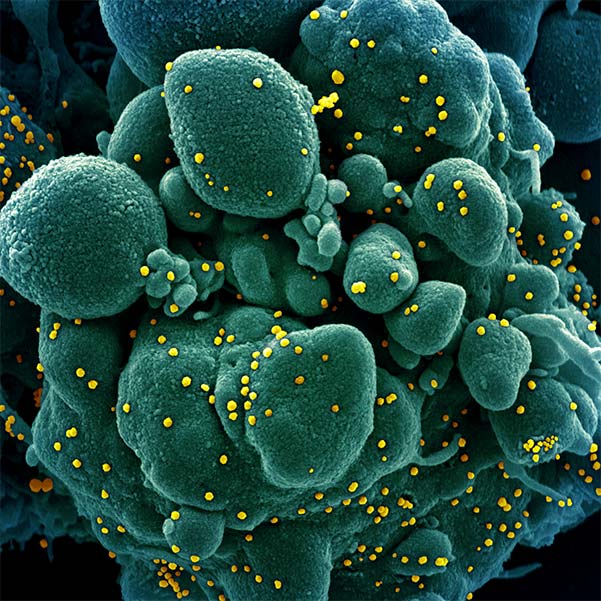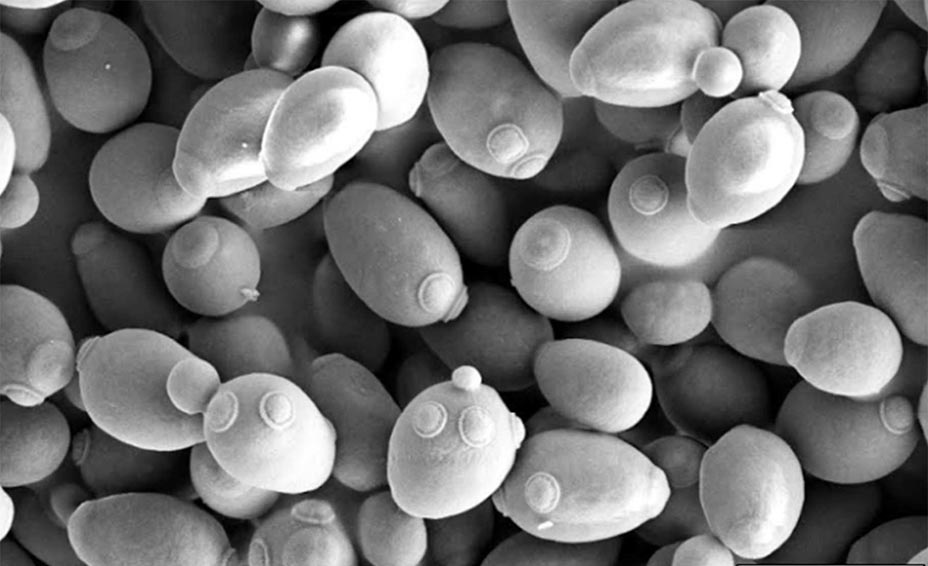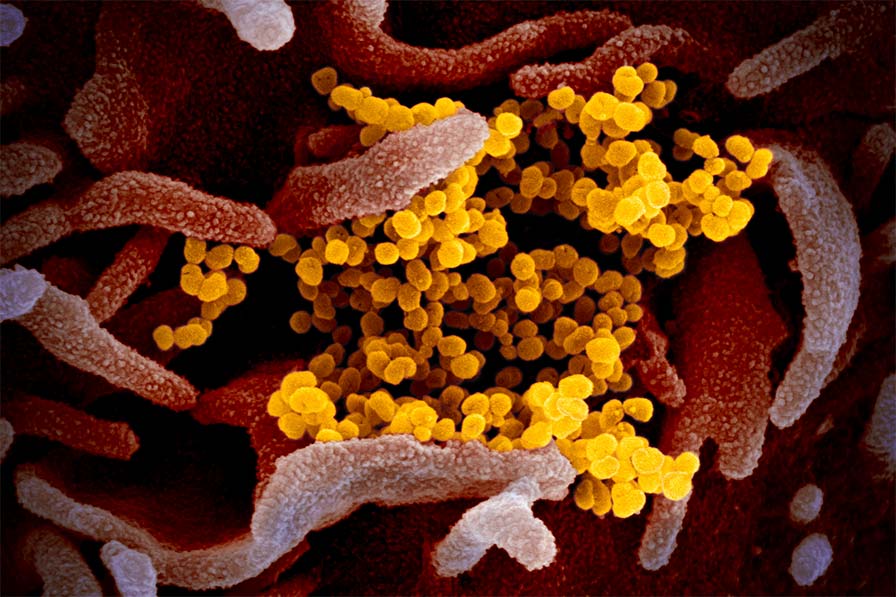Genomics
Institute
Detection of active COVID-19 (SARS-CoV-2) infections in patient biofluids
We are working to develop nanosensors that can rapidly detect active SARS-CoV-2 infections and that can be adapted to future pandemics.
SHARE:
The coronavirus pandemic requires broad-scale testing of individuals to both swiftly treat individuals and track contacts, and to best predict the pandemic spread. Recent data suggest upwards of 60% of infected individuals in certain age groups may be asymptomatic, and thus at risk of transmitting the virus unknowingly. As such, in the absence of a vaccine for SARS-CoV-2, the virus that causes COVID-19, and in the absence of knowledge about whether, or for how long, serologically-positive individuals are immune to repeat SARS-CoV-2 infections, a return to “normalcy” will depend on broad-scale access to a rapid test to identify actively infected individuals.
We are working to develop nanosensors that detect active SARS-CoV-2 infections from crude biofluids, which can be incorporated into portable detection platforms for use as rapid tests for actively infected individuals. This project will generate a new and generic toolkit for the discovery and development of nanosensors for targets of interest which can be employed for other viral targets, including 1) if there is a significant mutation in the SARS- CoV-2 viral RNA or associated biomarkers, or 2) a generic approach to rapid detection of other viral infections in future pandemics.
This work is funded by the Laboratory for Genomics Research (LGR), a collaboration between UC Berkeley/UCSF (IGI) and GlaxoSmithKline.
Share this project:

